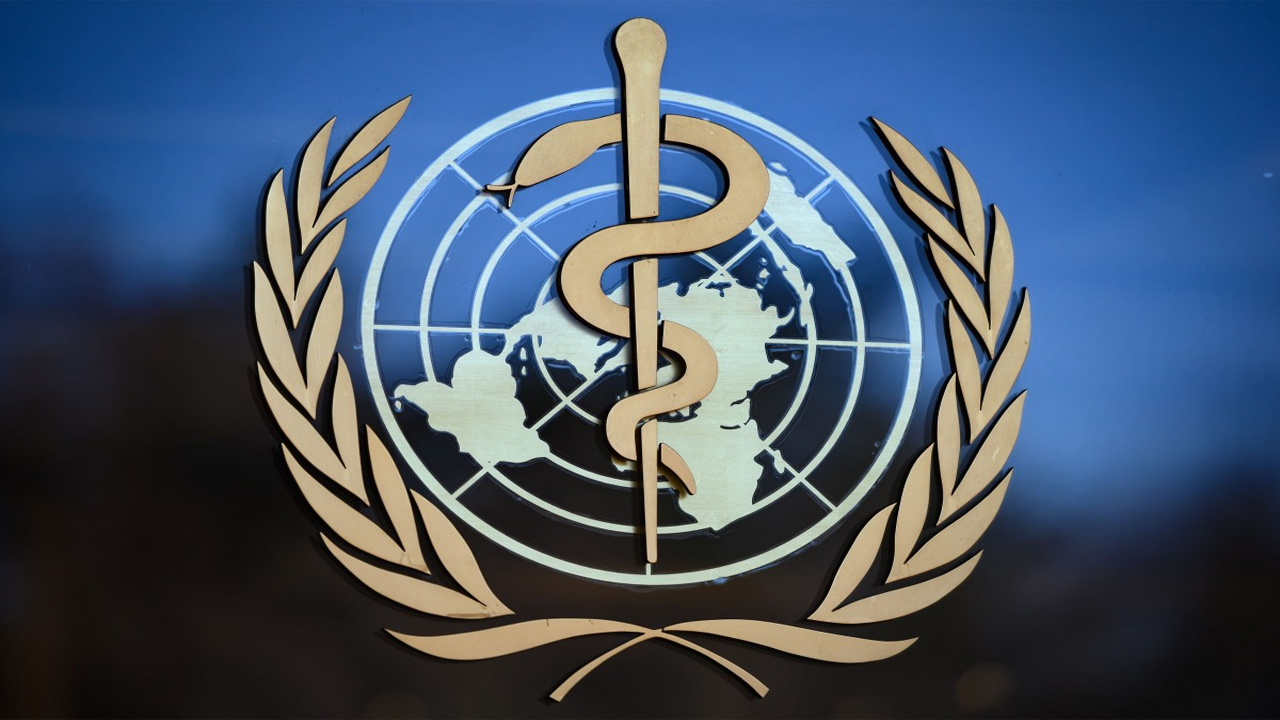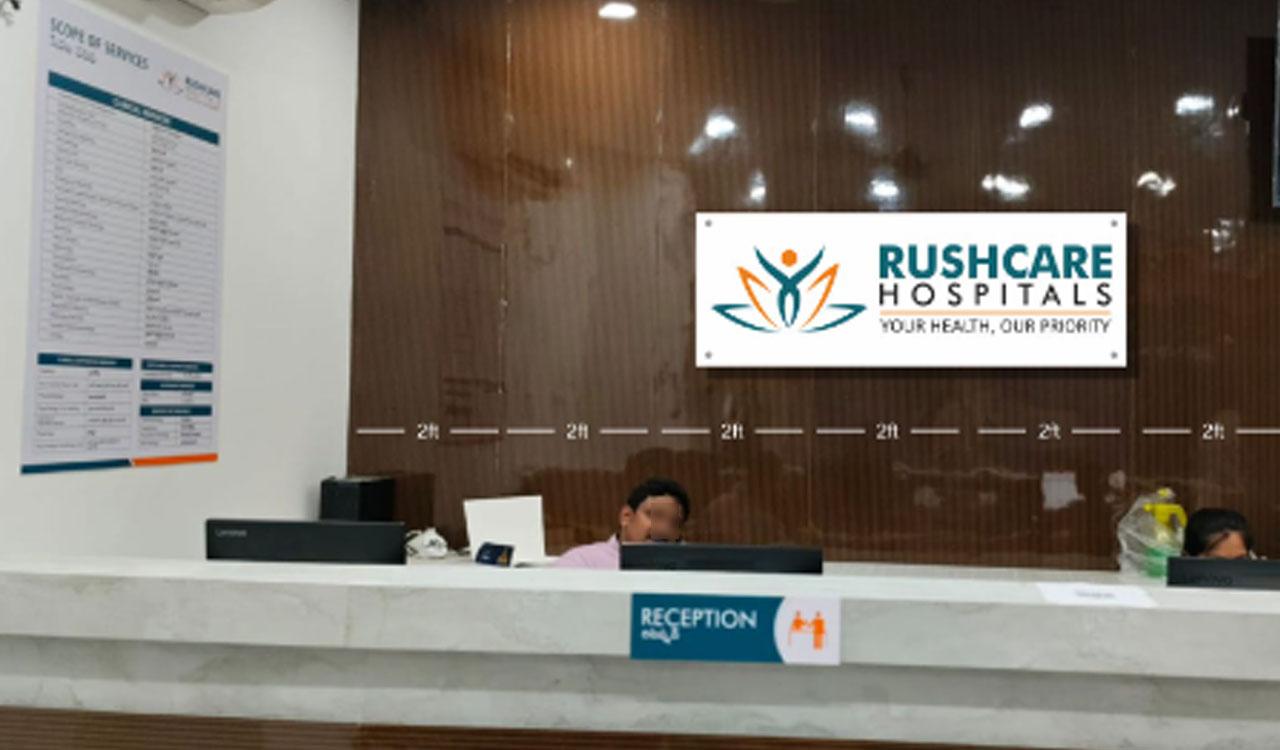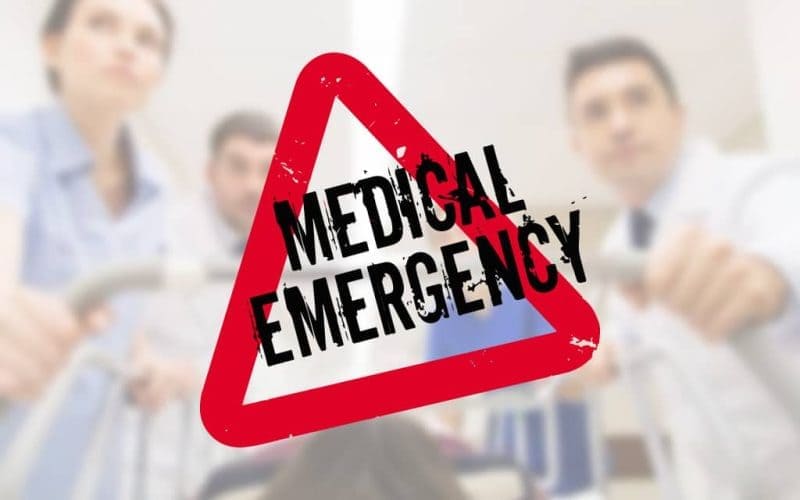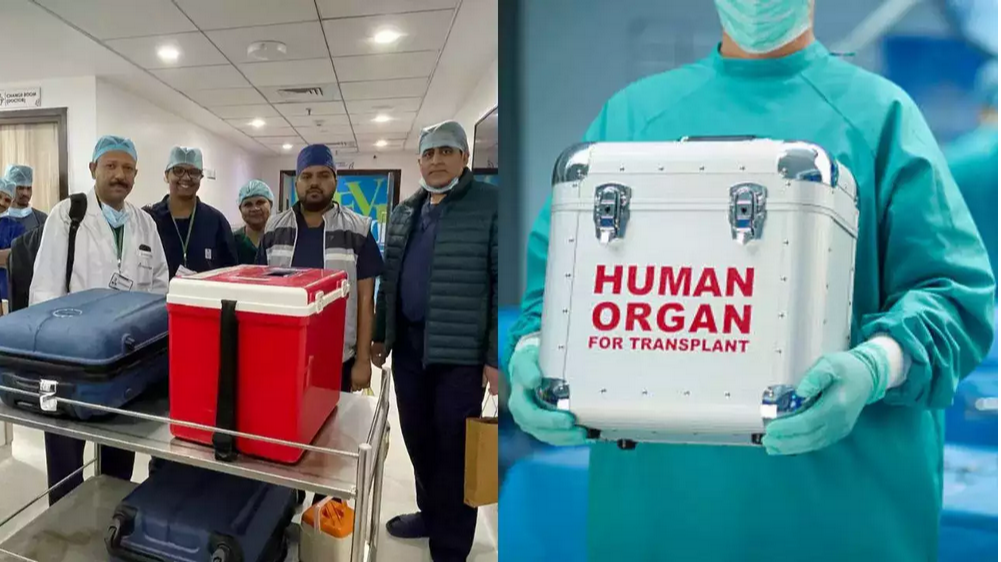A World Health Organization-led scheme to supply COVID-19 drugs to poor countries is betting on experimental monoclonal antibody treatments and steroids but shunning Gilead's GILD.O remdesivir therapy, an internal document shows.
The Oct. 30 WHO draft document seen by Reuters says priorities are to secure monoclonal antibodies in a tight market and to boost distribution of cheap steroid dexamethasone, of which it has already booked nearly 3 million courses of treatment for poorer countries.
Monoclonal antibodies are manufactured copies of antibodies created by the body to fight an infection, and drugmakers including Roche ROG.S and Novartis NOVN.S confirmed initial contact with the WHO scheme.
The paper, which for the first time outlines how the scheme would spend donors’ money, does not cite remdesivir among priority drugs - a significant omission as the antiviral is the only other medication alongside dexamethasone approved across the world for treating COVID-19.
Gilead Science GILD.O said the WHO scheme had not funded its COVID-19 trials and had never approached the firm for the possible inclusion of remdesivir in its portfolio.
The drug-supply scheme is one of the four pillars of the so-called ACT Accelerator, a WHO-led project which also seeks to secure COVID-19 vaccines, diagnostics and protective gear for poorer countries by raising more than $38 billion by the beginning of 2022.
“Immediate priorities for the (therapeutics) pillar are intensifying efforts on monoclonal antibodies while scaling up dexamethasone use,” says the document, which is subject to change but due for publication as soon as Friday.
The scheme, co-led by the Wellcome Trust, a charity, and Unitaid, a health partnership hosted by the WHO, urgently needs $6.1 billion, $750 million of which by February, out of a total ask of $7.2 billion.
More than half the cash would be used to procure and distribute monoclonal antibodies, the document shows, calling these therapeutics “game-changing” but in short supply.
No monoclonal antibody has, so far, been approved against COVID-19, but the WHO scheme has already invested in research and secured production capacity at a Fujifilm Diosynth Biotechnologies plant in Denmark.
The scheme wants $320 million to make antibodies in that facility, the document says, estimating that would be enough to secure 4 million antibody courses, at about $80 per course.

 A World Health Organization-led scheme to supply COVID-19 drugs to poor countries is betting on experimental monoclonal antibody treatments and steroids and shuns remdesivir.
A World Health Organization-led scheme to supply COVID-19 drugs to poor countries is betting on experimental monoclonal antibody treatments and steroids and shuns remdesivir.











.jpeg)







.jpeg)

.jpeg)










.jpg)




.jpg)

